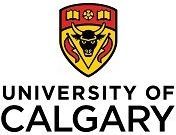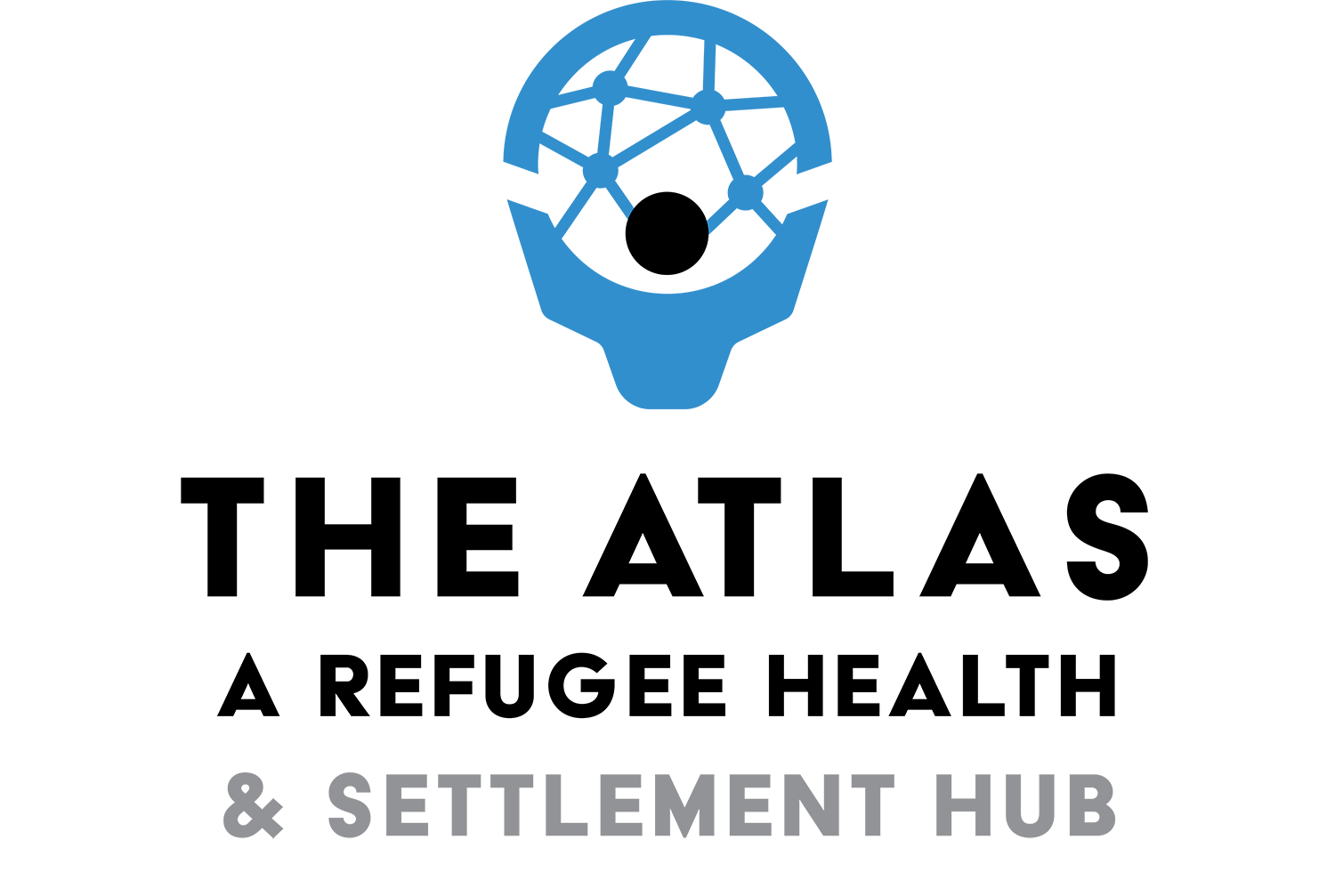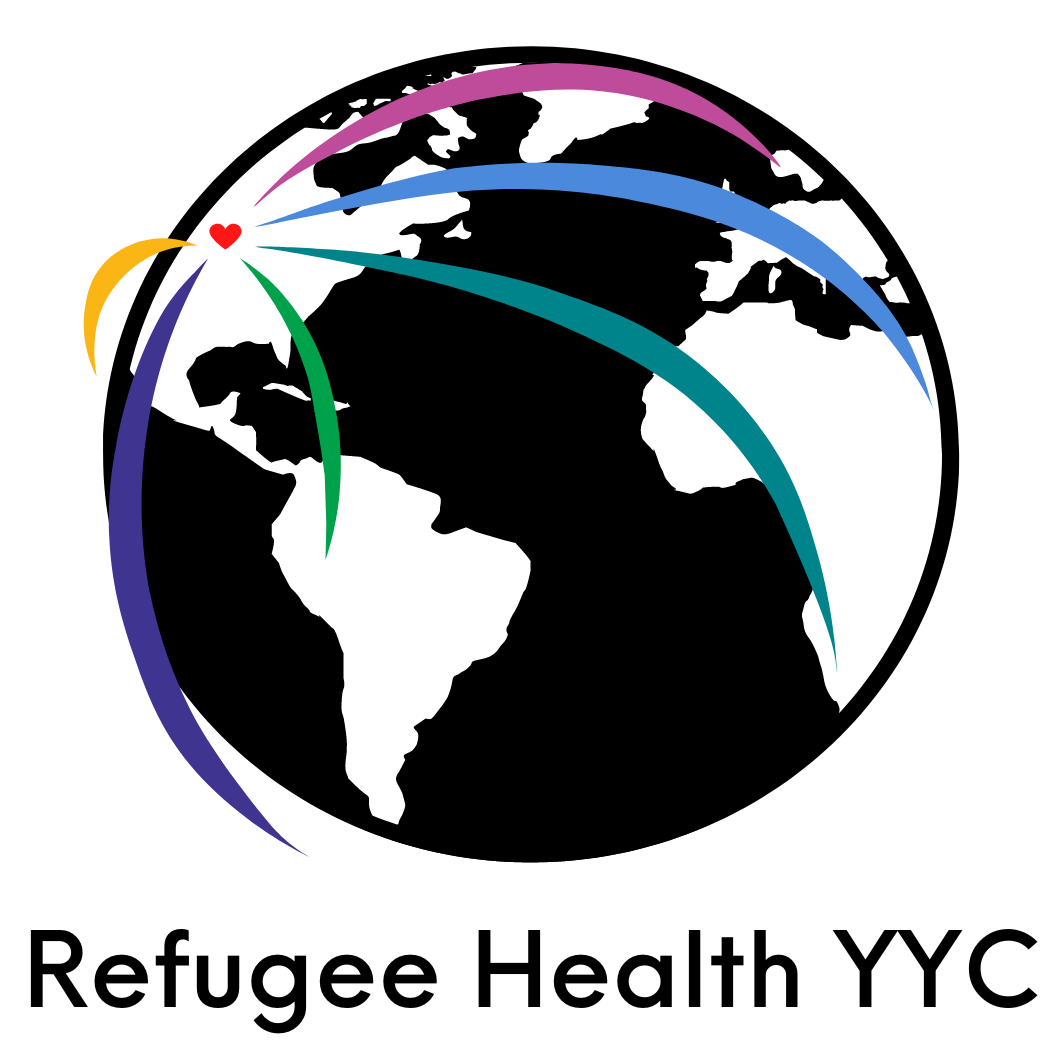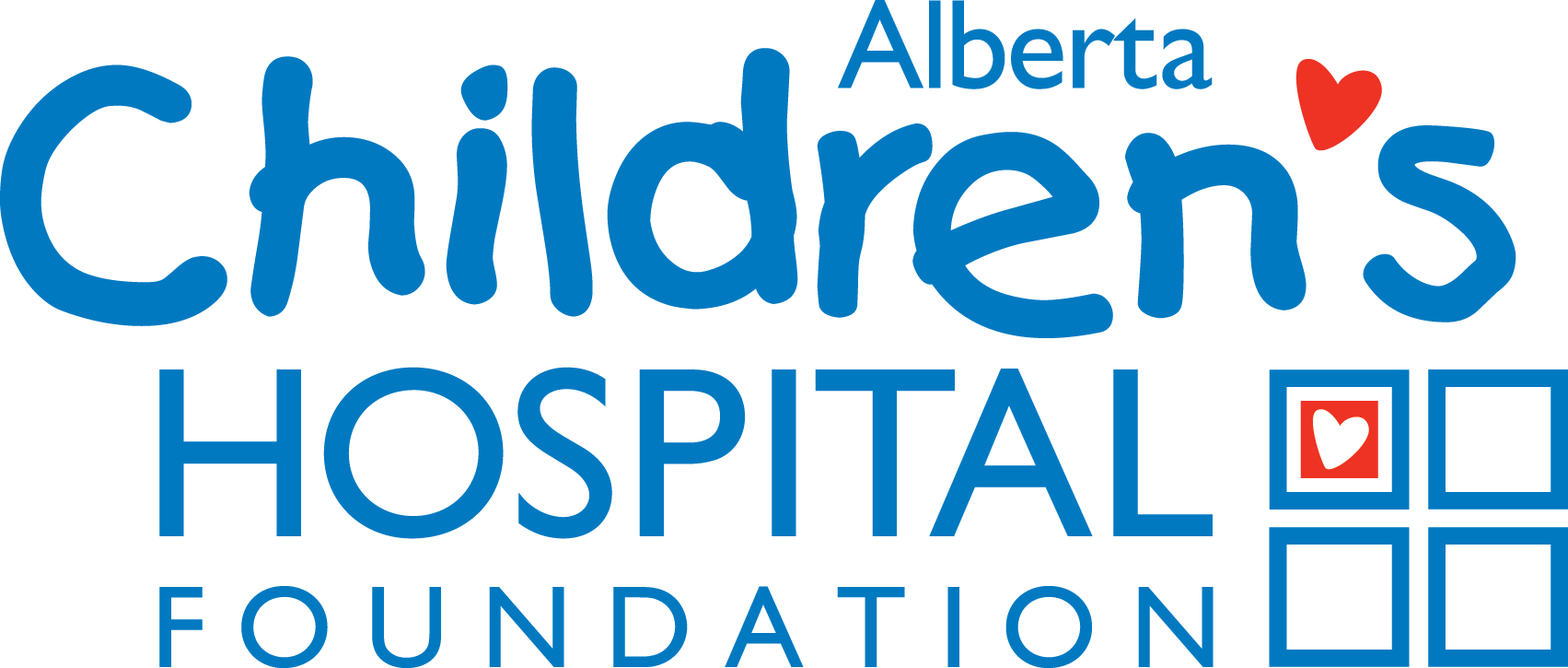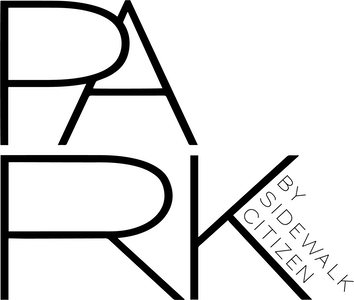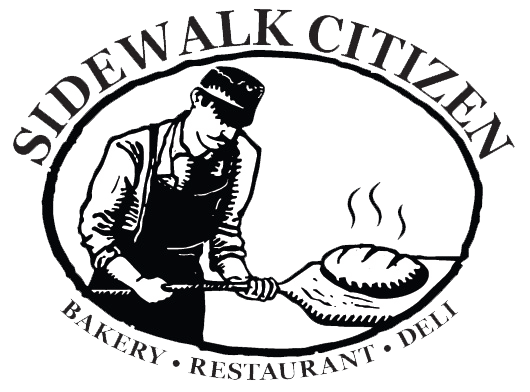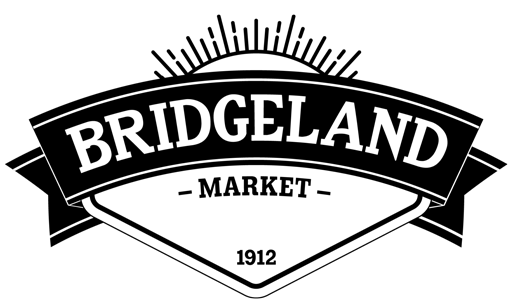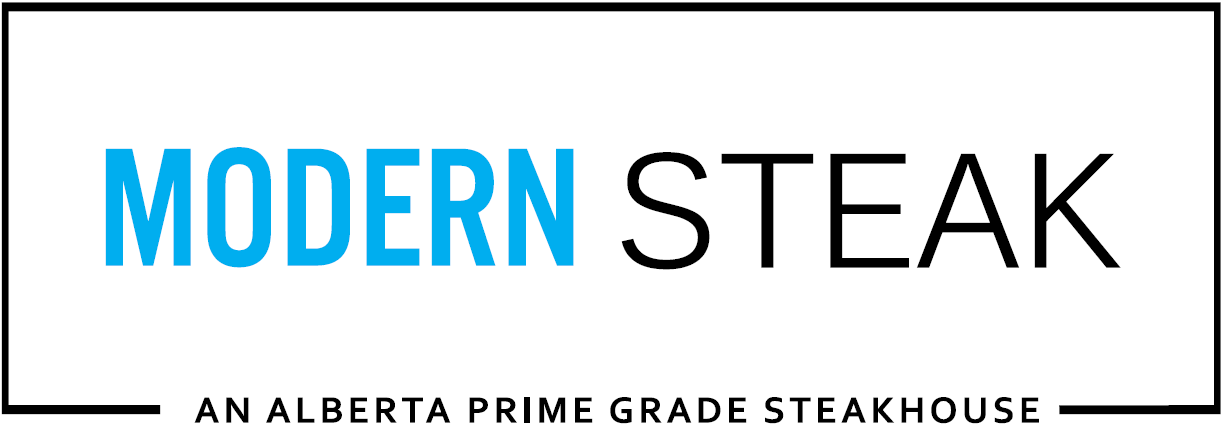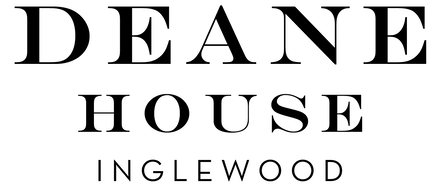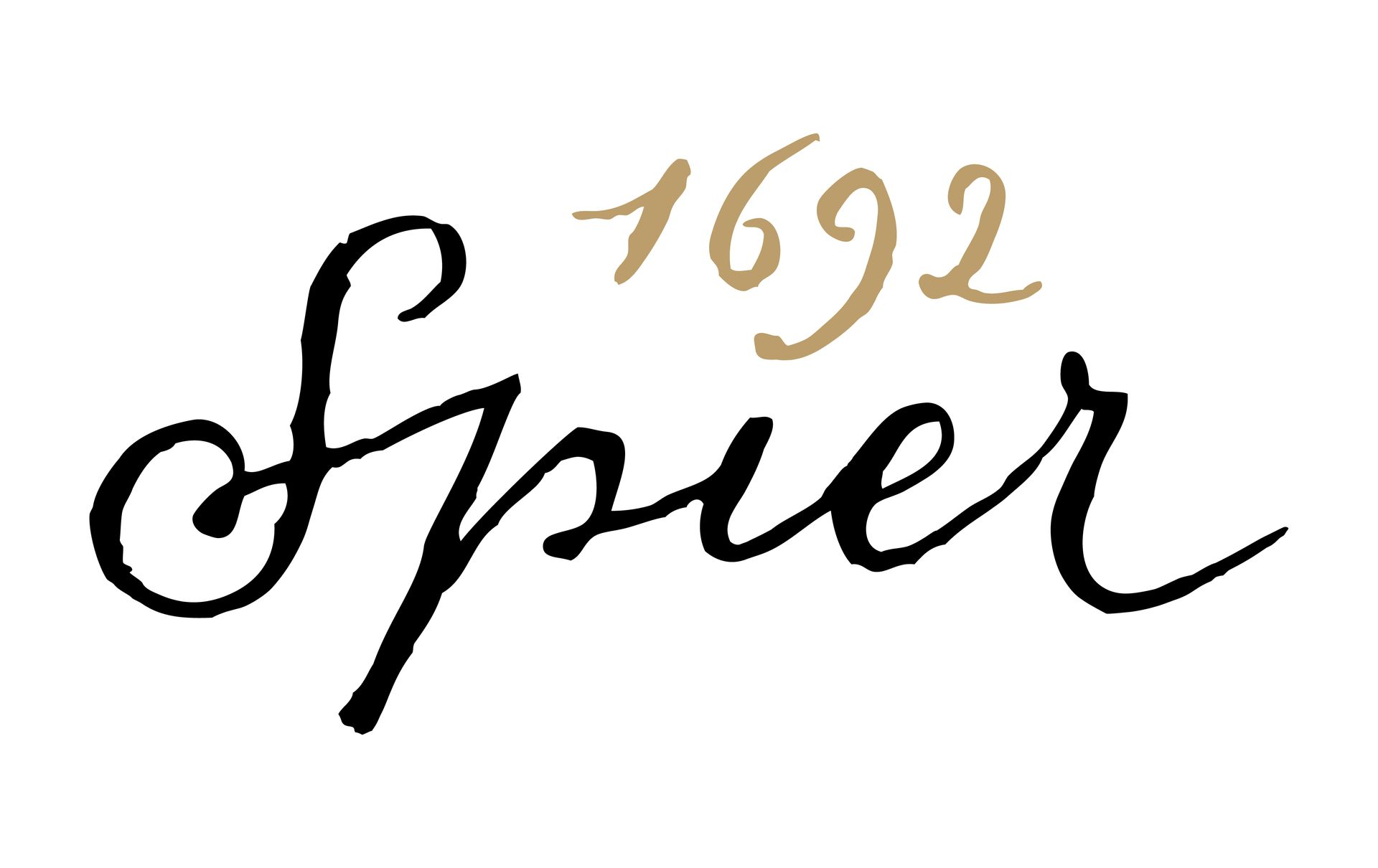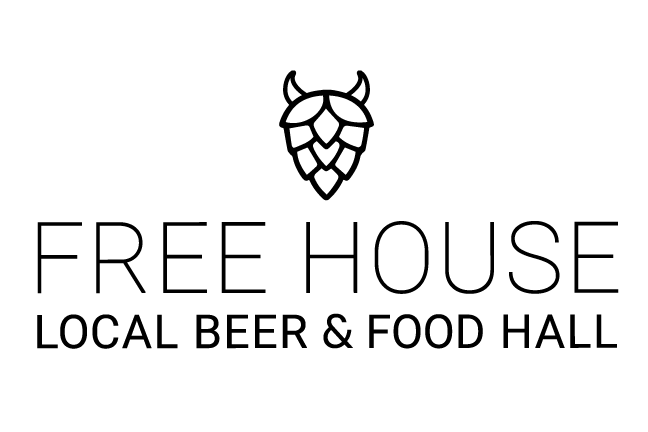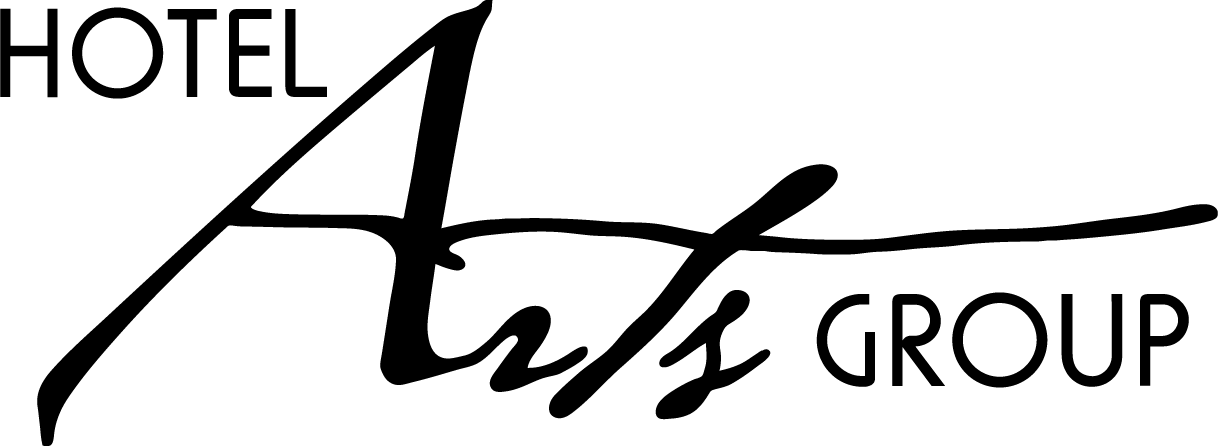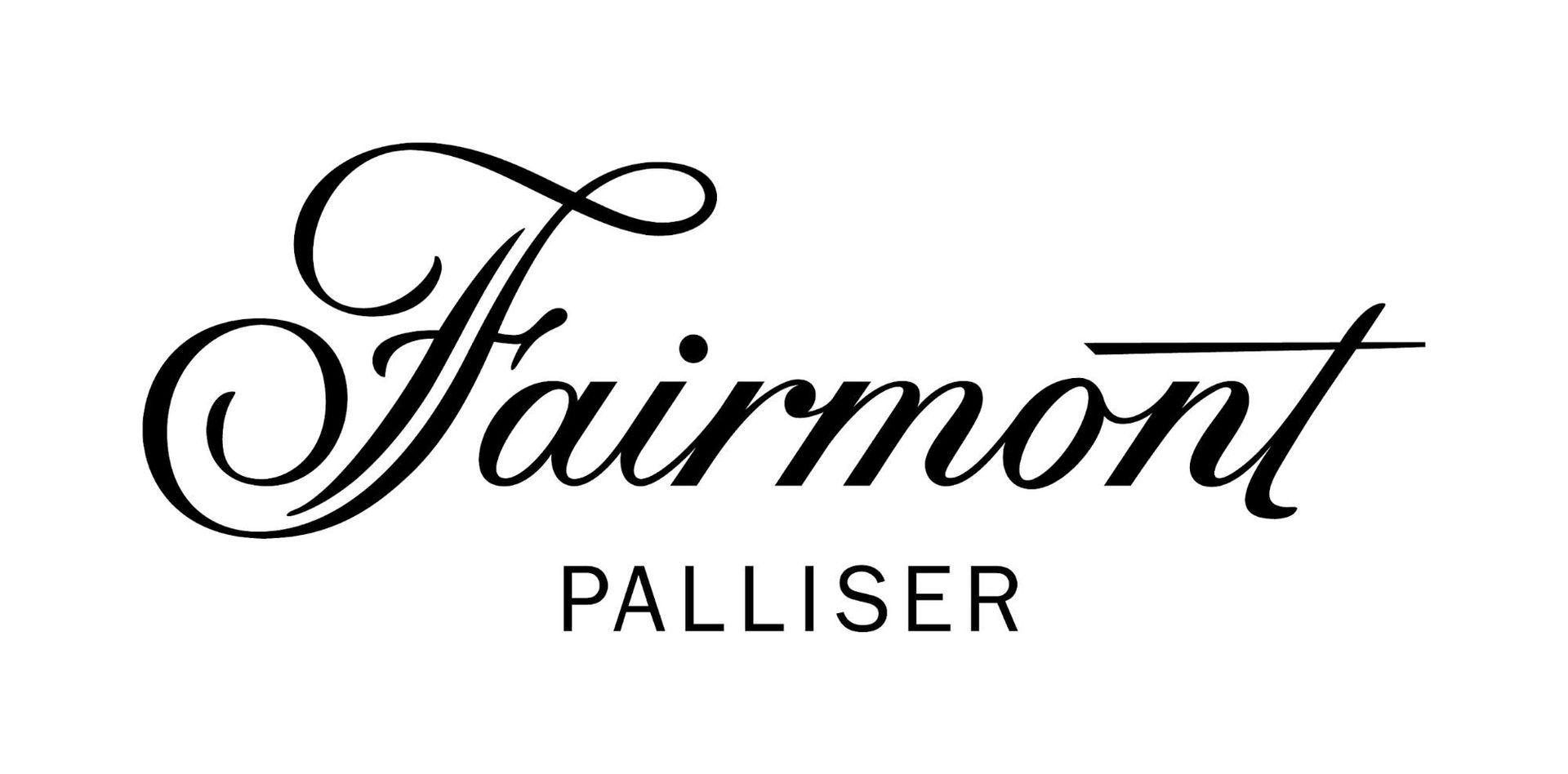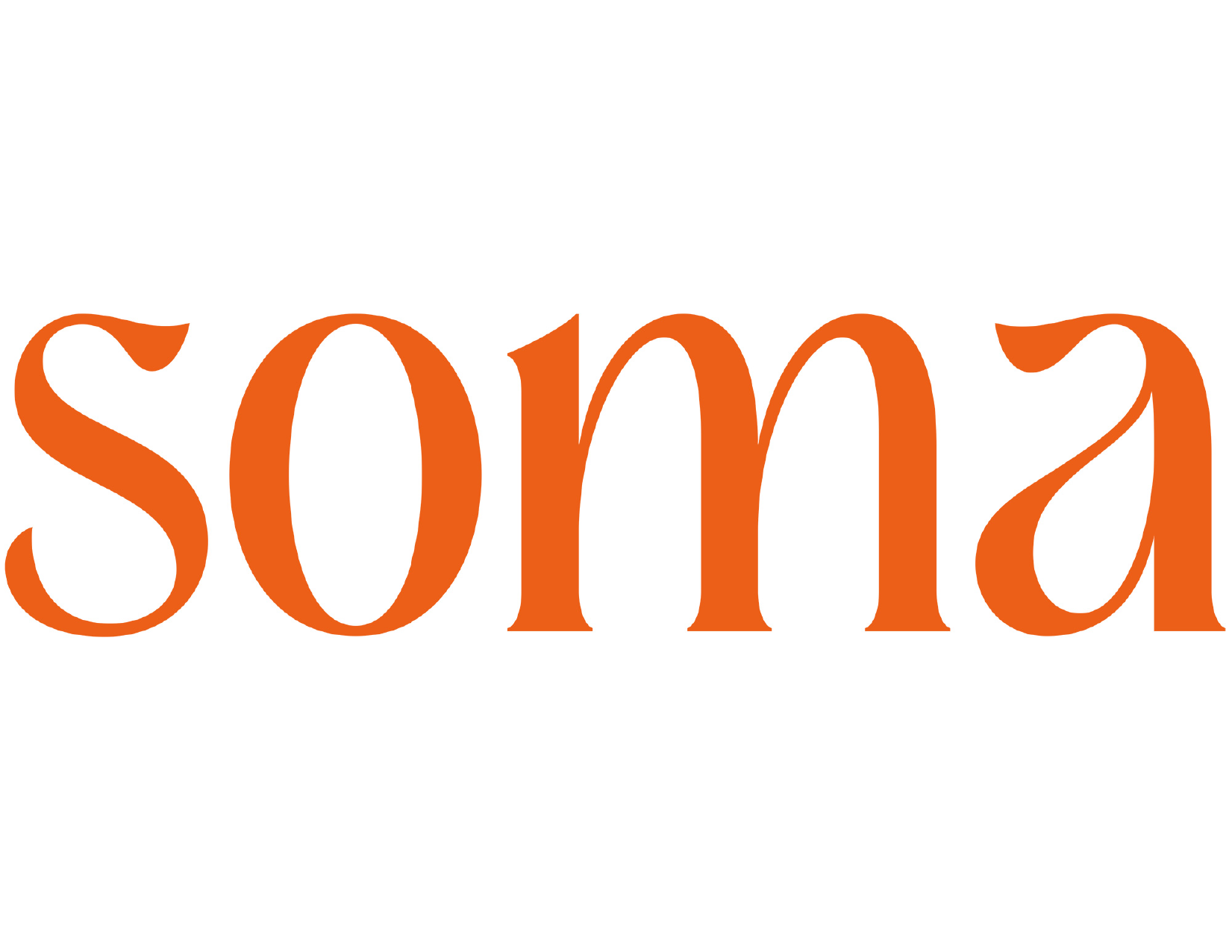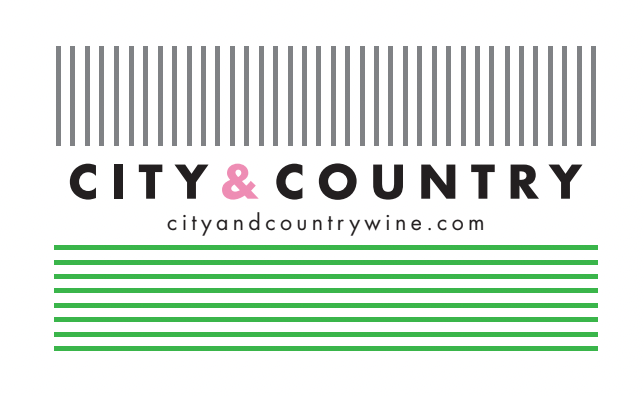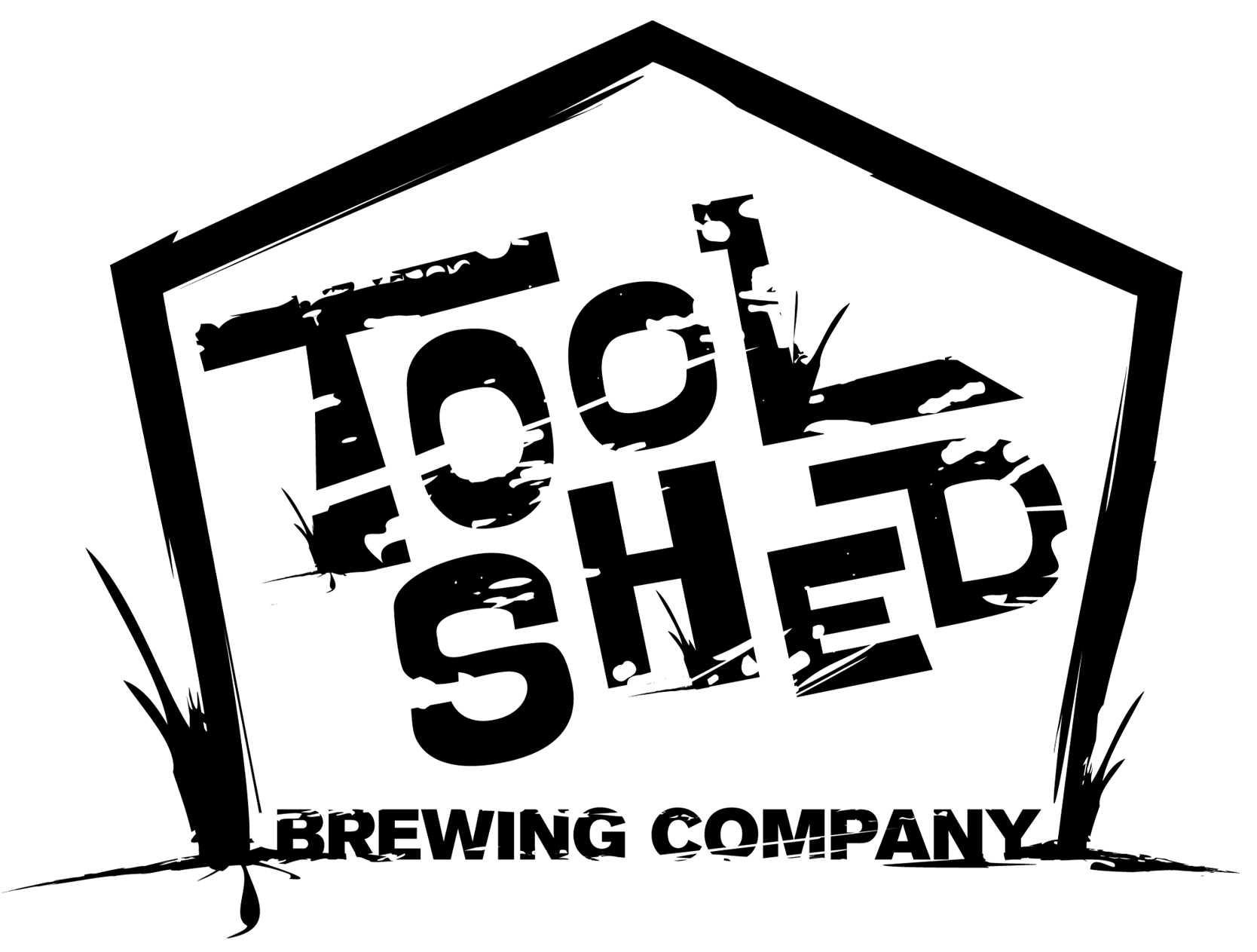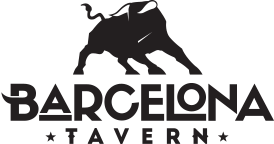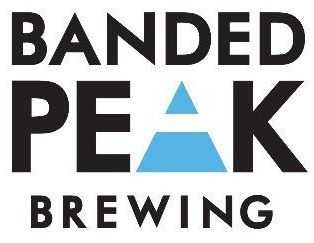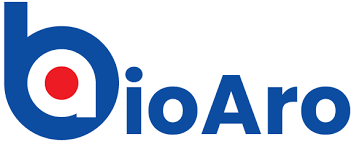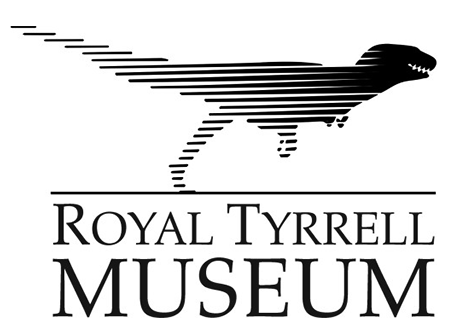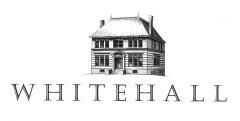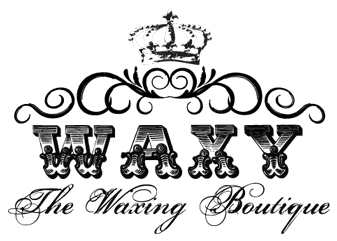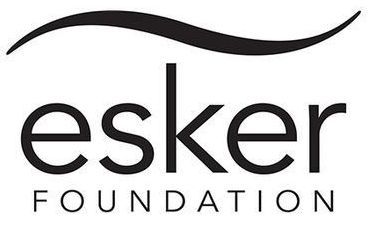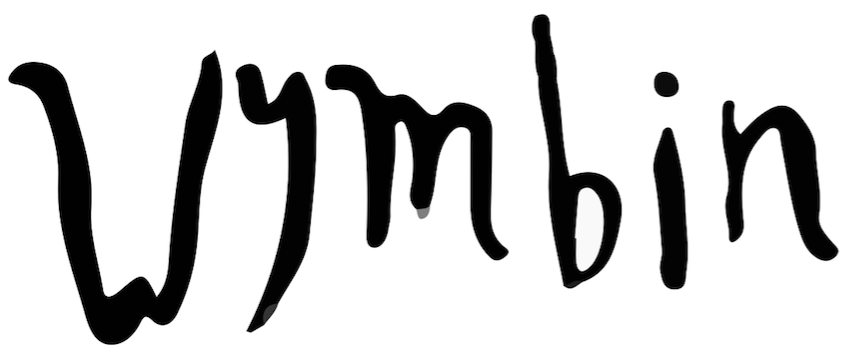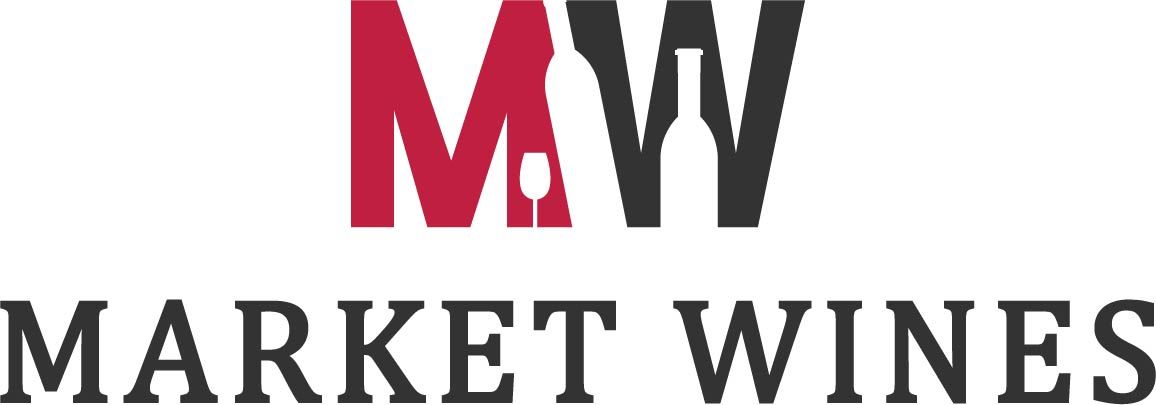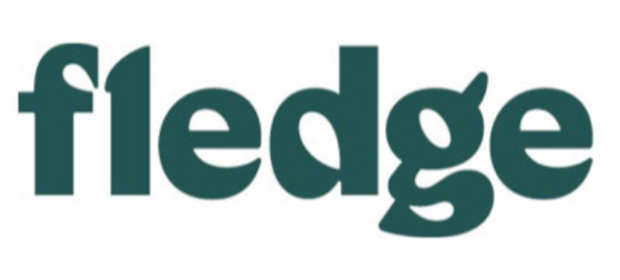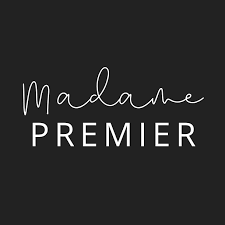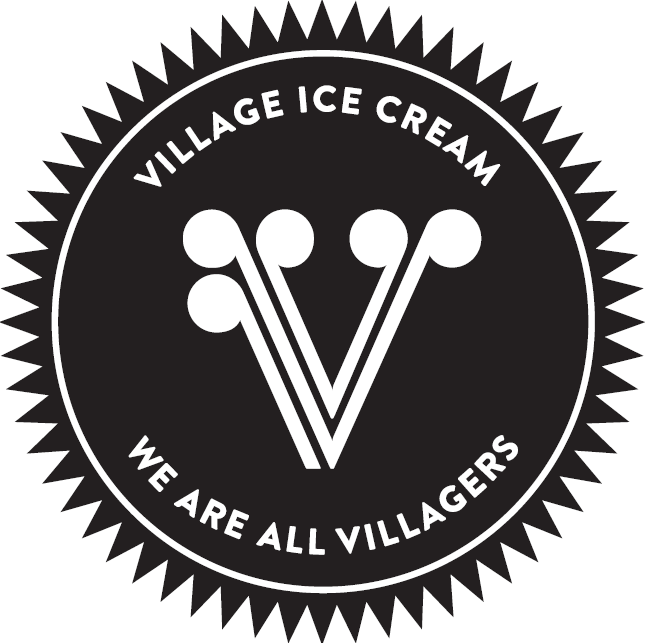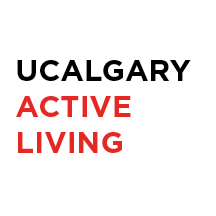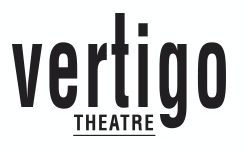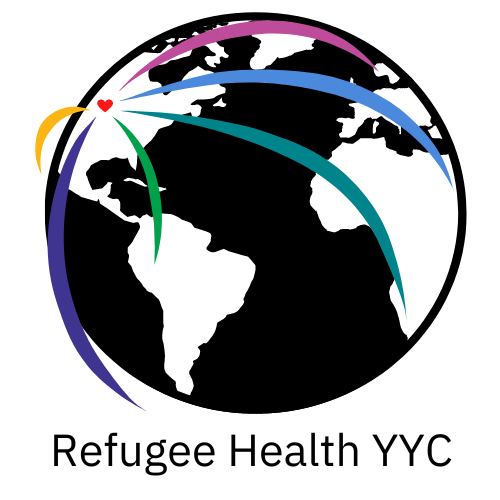Better Health Care for Refugees
— Dr. Gabriel Fabreau, Refugee Health YYC Co-Director
“These patients are dealing with unimaginable physical and psychological stresses from escaping the atrocities in their home country and leaving behind loved ones. While Calgary provides a safe haven, refugees face new hardships like language barriers, culture shock, and difficulties accessing social and health services. We aim to work with refugees and learn from their experiences to improve refugee-centered healthcare and health policies across Canada.”

The UN recently announced that in 2022, over 103 million people were displaced due to war, famine, disasters, and unrest. Russia's Ukraine invasion led to 6.5 million refugees and internally displaced 7 million more. The O’Brien Institute for Public Health’s Refugee Health YYC (RHYYC), in collaboration with the Mosaic Refugee Clinic, is helping this growing population to settle – addressing the unique health issues, clinical needs, and care barriers to improve health.
RHYYC, co-led by Drs. Annalee Coakley and Gabriel Fabreau at the Cumming School of Medicine (CSM), is a research, innovation, and education platform that aims to improve health and healthcare for recently arrived refugees, refugee claimants, and other newcomers. Research aids Canada’s readiness during refugee influxes like the Syrian Resettlement Initiative (2015-2017) and ongoing Afghan/Ukrainian programs.
RHYYC is collaborating with the Ministry of Immigration, Refugees and Citizenship Canada (IRCC) and various refugee health partners across Canada to characterize Canada’s refugee healthcare system, assess its various healthcare models and innovations, and share best practices to improve care. With your support, RHYYC can help ensure refugees have the best healthcare experience possible by informing the development of strong, evidence-based healthcare delivery models for refugees and their families across Canada. Your support helps RHYYC to create evidence-based healthcare models for refugees and families, ensuring optimal healthcare experiences across Canada.
JOIN US
-
Creating a New Standard of Care Starts in Calgary
Calgary is a major refugee resettlement city and the Afghan Refugee Resettlement Program’s Western Canada hub. While this hospitality is an achievement, barriers and coordination gaps between healthcare and settlement services limit effective healthcare delivery to newly arrived refugees.
In 2017, RHYYC launched a study to understand the Syrian Refugee Resettlement Initiative’s impact on Calgary’s local health system. It revealed that rapid care adaptations were required to accommodate the large and rapid influx of vulnerable refugees who were deprived of access to clean water, sanitation, and adequate healthcare while escaping violent conflict in the countries they fled. These included makeshift hotel clinics and partnerships between primary care clinics and settlement agencies to effectively address the immediate and unique health and settlement support needs, such as specialized training in trauma-informed care and working across multiple cultures and different languages.
While the newly arrived refugees faced great challenges, the rapid influx also created a chaotic and stressful work environment — straining healthcare providers and staff who worked long hours to manage large patient volumes.
“The respect and welcoming at the clinic is the first thing you feel from the reception area. This is something very special here compared to other countries where I heard about discrimination against people according to colour, beliefs or other things.”
— Calgary Refugee Patient
-
The Way Forward
There are approximately 1,500 Afghan refugees currently receiving care in Calgary hotels. Our partner, the Mosaic Refugee Health Clinic (MRHC), is coordinating their healthcare based on the learnings from RHYYC’s 2019 research. Those findings highlighted the need for improved coordination between federal refugee resettlement efforts, specialized refugee clinics and local healthcare systems. They were also the catalyst for RHYYC’s new and larger, Canada-wide study to characterize existing structures, care models and innovations among refugees and claimant-serving primary care, public health, and settlement organizations. This study will provide the foundation for comparative work on refugee healthcare models and inform ongoing improvements to the health and settlement of newly arrived refugees in Canada , including the current Afghan and Ukrainian refugee resettlement programs.
-
Health Systems Research, Advanced Analytics, and Artificial Intelligence
In July 2021, RHYYC launched a Canada-wide study to characterize Canada’s refugee healthcare systems and their integration with the public health and settlement sectors and the federal government. The study aims to understand Canadian refugee health systems’ integration and readiness, healthcare models, and care adaptations to accommodate sudden refugee influxes, before and since the COVID-19 pandemic, to inform improved healthcare and settlement services and coordination for newly arrived refugees in Canada.
Despite significant pandemic-related challenges, we surveyed 64 primary care facilities, 13 public health units, and 106 settlement agencies across 10 Canadian provinces to identify barriers, challenges, best practices, innovations, and improvement recommendations from the frontlines. We also created Canada’s first, publicly accessible, Refugee Health System Atlas, that maps primary care, public health, and settlement facilities that provide care to refugees and claimants across 55 jurisdictions in Canada. Combined, these findings will directly inform the current Afghan and Ukrainian refugee resettlement programs, as well as future refugee resettlement programs in Canada and abroad.
RHYYC Data Repository and Advanced Analytics: Over nine years we have assembled the largest and most granular refugee health data repository for research in Canada. It consists of nearly 11,000 refugees from over 90 countries cared for by the Calgary Refugee Health Program from 2011-2021 and is updated annually to include the preceding year. These data uniquely link outpatient clinic data with hospital, emergency department and urgent care data – the only such data repository in Canada and unique in North America.
We leverage these data to conduct multiple research projects that provide myriad new clinical insights; however, given the data’s depth and scope, in 2022 we launched a data analytics and artificial intelligence program that will dramatically increase our analytic and research capacity.
In 2023 our research priorities include investigating:
- How to improve antenatal care and birth outcomes for Canadian newborns and their mothers?
- How to reduce acute care system demand by understanding the causes of potentially avoidable emergency department use or hospitalizations to reduce them?
- To understand health conditions among different refugee groups to inform current Ukrainian and Afghan refugee resettlement programs and tailored health services.
Applying advanced analytics to our unique data holdings truly provide unlimited potential to produce new knowledge, improve clinical care, and health systems for resettled refugees in Canada and abroad.
In 2022, we allocated $75,000 to fund one part-time data analyst and one student analyst, we aim to raise $150,000 to contract one full-time senior artificial intelligence data analyst and a half time research associate for one year.
-
Investing in Equity, Diversity, and Inclusion through Community Engaged Research
Community Scholar Program:
RHYYC launched its community scholar program in 2020 when we recruited, provided intensive research training, then integrated five community leaders representing multiple ethnocultural minority communities. These community scholars co-led our research on COVID-19 outbreaks in Alberta’s meat processing plants and innovative vaccine outreach strategies.
Collectively, our diverse team of community scholars speak Amharic, Arabic, Spanish, Tagalog, and Tigrinya. RHYYC Community Scholars were integral in building trust with meat plant workers and their communities to conduct surveys and interviews, support data analysis, and operationally in our novel community outreach COVID-19 vaccine program. Through this community engaged work, we successfully designed, implemented, led, and evaluated novel COVID-19 vaccine outreach strategies that vaccinated over 9,000 workers and community members across four meat plants surrounding Calgary and in northeast Calgary.
We currently have $120,000 to fund our community scholar program. We aim to raise an additional $110,000 to expand the program to recruit, train, and integrate four additional community scholars representing Afghan, Ukrainian, Somali, and Yazidi communities into our team.
Scholarships for Refugee Students:
With a view to empowering refugees from racialized communities, RHYYC also began a refugee student scholarship program for a graduate student who has been an integral member of the team since 2017. We also started an annual summer studentship scholarship for refugee undergraduate students in 2021. Through this program, RHYYC provides students with specialized refugee health research training, mentorship, analytic skills, and practical work experience.
We have allocated $22,000 to fund this program and hope to raise an additional $50,000 to extend this opportunity to two additional students.
Refugee Health Patient Advisory Committees (PACs):
RHYYC commits to centering the voices and perspectives of Canada’s refugees into our healthcare systems and our research. Our Adult Patient Advisory Committee (PAC) and Youth Patient Advisory Committee (YPAC) provide a space for patient advisors to share their perspectives freely and safely about issues that impact their health and wellbeing and to co-direct and prioritize our research topics. By integrating refugees, we will embed a community- centered approach to all our research and clinical programs. These diverse committees of current and former refugees will help to identify:
- Health and resettlement priorities.
- Perceptions of healthcare services and barriers.
- Opportunities for improved delivery and coordination between resettlement and health services.
We currently have $53,000 in funding for this program and hope to raise an additional $50,000 to expand this program nationally with colleagues across specialized refugee clinics.
In recognition for your support, we will work with you to create a meaningful recognition strategy that may include website, social media, and other public recognition. In addition, conference support may include attendance, logo recognition, opportunity to introduce sessions/speakers, podium mentions, website and social media recognition.
Partner with us to improve refugee healthcare delivery in Calgary and across Canada, bringing new solutions for this vulnerable population and the providers who care deeply about their transition to safe and healthy new lives in Canada. Together, we can make a remarkable difference.
We'd like to thank the following organizations for donating items towards the Silent Auction held on July 18-24, 2023:
